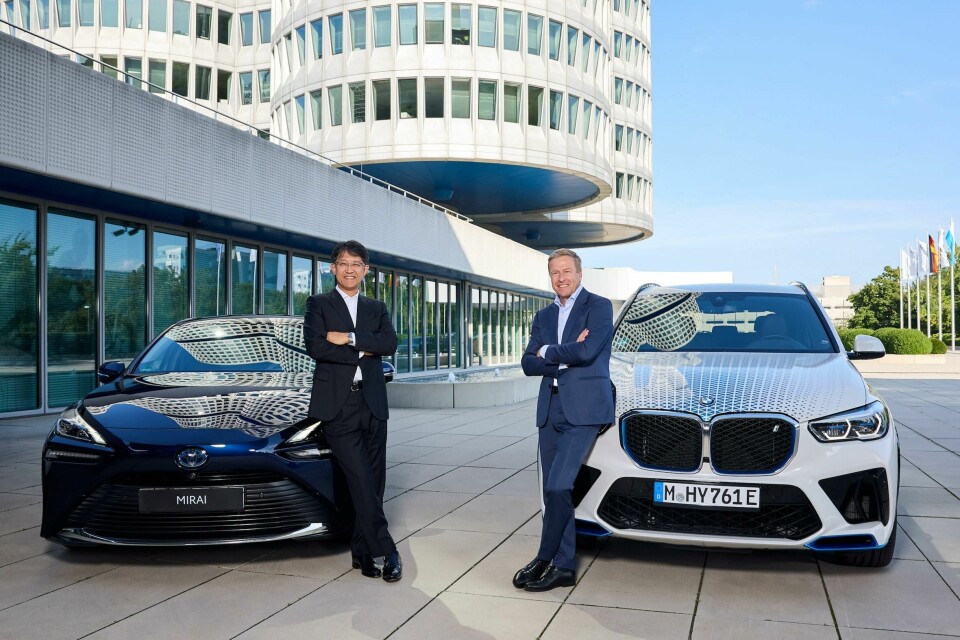BMW and Toyota’s mixed powertrain approach sees collaboration to produce Fuel Cell Electric Vehicle options for passenger cars
Utilising a fuel cell powertrain, developed in collaboration with Toyota, BMW plans to launch its first-ever series production fuel cell electric vehicle (FCEV) in 2028.

The development and launch of the new FCEVs will be the next stage in the collaboration on hydrogen powertrains between Toyota and BMW, which goes back to a memorandum of understanding between the two OEMs being signed in 2012. The binding agreement, for the joint development of fuel cell systems, architecture and components for a sports vehicle, and joint research and development of lightweight technologies, was signed off in 2013.
Both companies have been developing FCEVs with Toyota producing and marketing its Mirai model, first launched in 2014. BMW launched a test programme for the hydrogen powertrains in 2021 using modified iX5 models as the test bed. The company announced the start of small scale, in-house production of these powertrains at its competence centre for hydrogen in Munich, in 2022.
BMW and Toyota now say they are pooling their technological capabilities to bring a new generation of fuel cell powertrain technology to the roads. The plan is to jointly develop the powertrain system for passenger vehicles, using the core fuel cell technology (the individual third-generation fuel cells) for both commercial and passenger vehicle applications. The result of this collaborative effort will be utilised in individual models from both BMW and Toyota.


